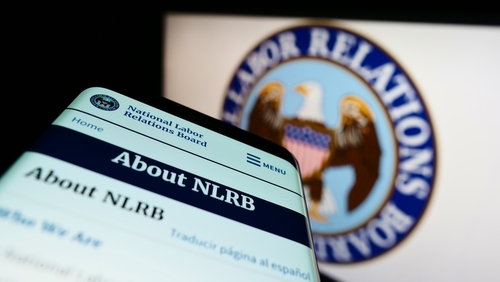Rule of Law School
It is really encouraging to see “Russia Claws at the Rule of Law” (July) on the cover of the ABA Journal. As a lawyer practicing in Russia for the past six years, I can confirm that most of the issues described take place, especially with regard to criminal investigations. However I strongly disagree with the teaser stating: “In the 1990s, Russia embraced the rule of law.”
How could the rule of law be embraced without the law itself? For those not aware, modern Russian law started in 1994. What is discussed with regard to the application of the law is primarily due to the legislative framework being so young, insufficient, unclear.
I can confirm that the law has become more predictable and efficient in protecting one’s rights (especially in civil and corporate affairs). Yes, we need to take into account the state being the strongest player in any market. Yes, the application of the law is still poor in many cases. Yes, Russian society is full of legal nihilism and lacks legal culture. There is still a way to go. Thanks to lawyers like Stanislav Markelov, we are moving forward. However, the price for these moves is incomparably high.
Andrey Zelenin
Moscow
FEDERAL FRUSTRATION
John Gibeaut did an exceptional job portraying the frustration common when dealing with the Department of Justice’s Office of Professional Responsibility in his informative and to-the-point article “The ‘Roach Motel,’ ” July.
Those of us who have experienced misconduct by an FBI agent or federal prosecutor know the story all too well. The stonewalling that Judge Mark L. Wolf experienced is commonplace. Your article reinforced that my mistrust is well-placed. Today, I am proud to be a criminal defense attorney, having seen the perversion of an overzealous law enforcement official. I spent a career before this serving as a military officer, where I worked for the same government with which I see so much hypocrisy today.
Few understand how flippant the FBI is with our civil liberties, and even fewer how oversight of the Justice Department has been lacking. Self-regulation is not working. Congress needs to take a much more active role in oversight of the FBI and the DOJ because the Office of Professional Responsibility is asleep at the wheel.
W. Scott Hannon
Annapolis, Md.
The way the federal criminal justice game is played encourages prosecutors to sit on evidence that tends to exonerate an accused. Presently they are not required to provide the defense with a list of government witnesses. Witness statements are not discoverable unless: (1) a witness testifies for the government at trial; and (2) the statement is a “verbatim or substantially verbatim recital” of the witness’s own words (even then, not until trial). Since some courts interpret this to mean that a federal agent’s interview report is the statement of the agent, not the witness, many prosecutors do not disclose such reports and feel legally safe in believing they will never see the light of day.
From more than 30 years of trying federal cases, I believe the majority of evidence favorable to defendants is found in such reports. As your article demonstrates, prominent cases are being dismissed or compromised because prosecutors cannot be trusted.
Congress should act now to amend 18 USC § 3500 to require—save for good cause shown, such as a documentable threat to a witness—timely disclosure of agents’ reports of witness interviews. A similar amendment to Rule 16 of the Federal Rules of Criminal Procedure would also help.
Ed Shohat
Miami



